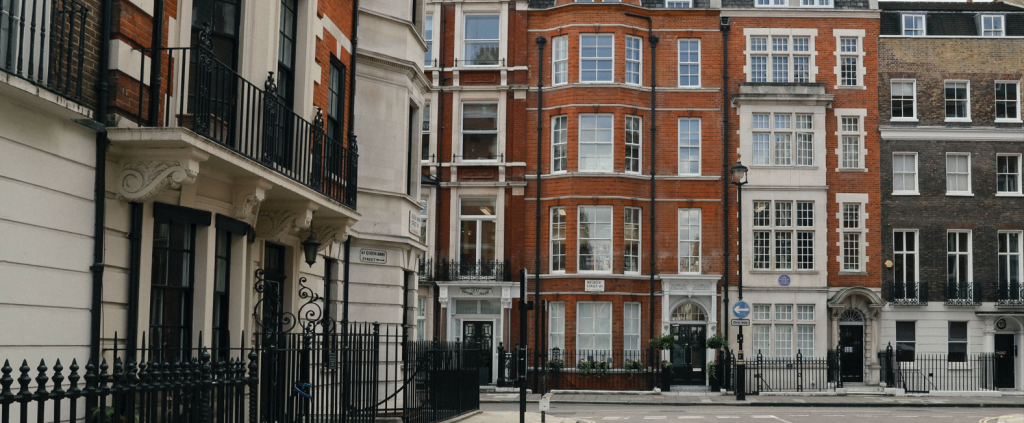How can I Maximise my Child Benefit Income in the UK? A Guide to Tax Efficiency with Gift Aid and Pension Contributions
The child benefit system in the UK offers valuable financial support to families with children. However, many families are unaware of potential tax-saving opportunities that can enhance their child benefit income. In this blog, we explore how strategic financial planning through gift aid donations and pension contributions can optimise tax savings and maximise benefits for families.

Child benefit is a tax-free payment provided by the UK government to families with children, dependent on the number of children and their age. However, as the income of the highest-earning partner increases, the child benefit payment may be subject to a tax charge known as the High-Income Child Benefit Tax Charge (HICBC).
The HICBC applies when an individual’s income exceeds £50,000 per year. For incomes above this threshold, the charge is 1% of the child benefit for every £100 earned over £50,000. If income exceeds £60,000, the charge negates the entire child benefit amount.
Gift Aid is a scheme in the UK that enables individuals to donate money to registered charities and claim tax relief on the donations. With Gift Aid, charities can claim an additional 25p from the government for every £1 donated. For taxpayers, this means they can claim tax relief on charitable donations, effectively reducing their taxable income.
By making charitable donations through Gift Aid, individuals can reduce their taxable income, potentially falling below the £50,000 HICBC threshold. As a result, they can retain their child benefit payment in full while also supporting causes they care about.
Pension contributions offer significant tax savings in the UK. The government provides tax relief on contributions, typically 20% for basic-rate taxpayers and up to 40% for higher-rate taxpayers.
By making pension contributions, individuals can reduce their taxable income, potentially falling below the HICBC threshold. This ensures they retain their child benefit payment and simultaneously build a secure financial future for their retirement.
Consider this example: a family with two children eligible for £1,800 in child benefit annually. The higher-earning partner’s income is £55,000, putting them within the HICBC range.
Without tax planning, the 1% charge would reduce the child benefit by £900, leaving only £900 and the remaining £900 repayable to HMRC.
With tax planning, the higher-earning partner could contribute £4,000 to their pension which would reduce their child benefit charge from £900 down to £0 while also reducing their income tax by £946. On top of this, the pension contribution is grossed up to £5,000 meaning an additional £1,000 is added to their pension pot. This results in a net cost of £1,154 for a pension contribution worth £5,000.
The UK’s child benefit system provides crucial support to families, and optimising tax savings through gift aid donations and pension contributions can significantly enhance its impact. By strategically utilising these tax-saving opportunities, families can secure their child benefit income, support charitable causes, and build a more secure financial future.

If you have any questions or require any advice specific to your circumstances, please contact us at PJCO. You can book a free discovery call by clicking the link below!
Please get in touch on 01273 441187 or book a discovery call with one of our expert accountants.
Contact

You May Also Like…







